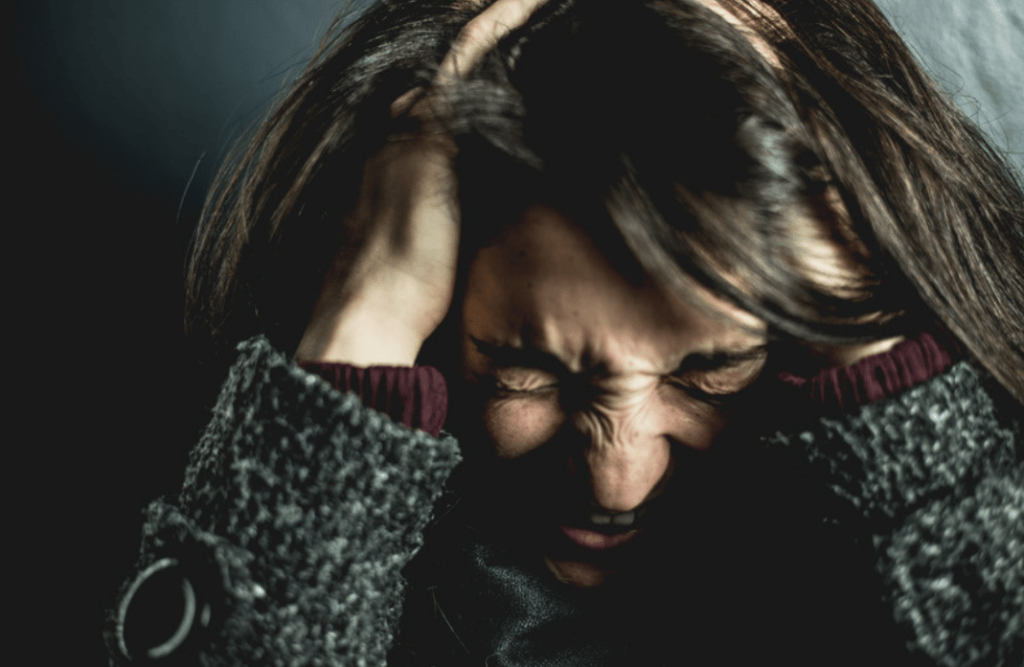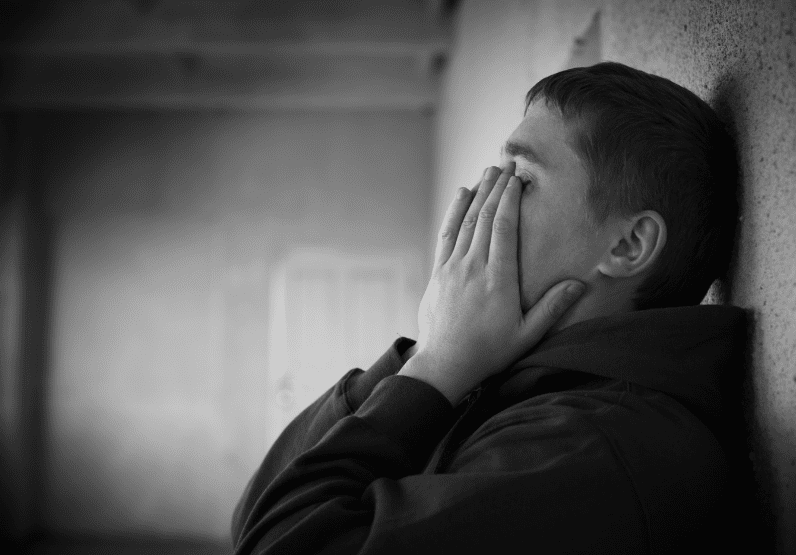Bipolar disorder and stimulant abuse can be a deadly combination. While co-occurring diagnoses are common alongside drug abuse, bipolar disorder is one that’s particularly affected by drug use. To learn more about how these two diagnoses interact and how the use of stimulants can cause higher risks for those with bipolar disorder, keep reading. And if you’re looking for treatment for yourself or a loved one struggling with a comorbid diagnosis, we’re here to help you.
What is Bipolar Disorder?
Bipolar disorder is a lifelong condition that cannot be cured. However, it can be treated with the use of therapy and medication. Most people find the most success in treatment by using these two methods concurrently. However, one or the other may work better for specific people.
Click here to see a list of the Top 5 Natural Stimulants
Bipolar disorder is a mental health condition that causes the mood to swing back and forth between emotional highs and emotional lows. These highs and lows are referred to as depression and mania. These mood swings affect many aspects of one’s life, such as sleep, energy levels, activity, judgment, and behavior. For those with untreated bipolar disorder, life can seem more difficult than it is for others.

During depressive episodes, you may feel hopeless and lose interest in activities you used to love. You may feel incapable of doing anything, including the simplest of tasks. During manic episodes, you may feel on top of the world, like you can accomplish anything and everything. Mania is often accompanied by a feeling of euphoria or even irritability.
There are a few different types of bipolar disorder, including:
- Bipolar I Disorder: You have at least one manic episode that’s preceded or followed by a major depressive episode or an episode of hypomania (lesser mania).
- Bipolar II Disorder: Experiencing depressive episodes and hypomanic episodes, but never fully manic episodes.
- Cyclothymic disorder: At least two years where you’ve experienced many periods of depressive symptoms and hypomanic symptoms.
As you can see, bipolar disorders can be different amongst different people, causing them to experience different symptoms and side effects. Because of that, the treatment for this disorder also varies. While people with mild bipolar disorder may not require medication, those with severe bipolar disorder likely rely on it to make it through their everyday life.
Why Would Someone with Bipolar Disorder Use Stimulants?
In people with bipolar disorders, the use of stimulants is common. Stimulant use is most common in those with untreated bipolar disorder, looking for a way to feel normal. Because people with bipolar disorder experience both depressive and manic episodes, they might use different drugs during each period.
For example, during their depressive episodes, they might turn to stimulants as a way to feel more capable of going about their everyday life. During their manic episodes, they might turn to depressants as a way to chill out. However, the use of stimulants is much more common than the use of depressants, as people with bipolar disorder often see mania as a time in which they can get their lives together.
What does Adderall do for people with a bipolar disorder?

Some people with a bipolar disorder may use Adderall to treat depressive episodes of a bipolar disorder. While some studies have indicated that stimulants may help with depressive symptoms, using Adderall does have some potential downsides. These include the increased risk of manic episodes, drug tolerance, or even a drug addiction.
They may also be using stimulants such as Adderall, because they are prescribed for people with ADHD in order to feel capable. It may make them feel like they’re able to go about their daily life and get tasks done like a “regular person”. However, these types of drugs are highly addictive, and those with bipolar disorder can easily become dependent on them.
Other drugs, like cocaine, may be used as a coping mechanism when people with bipolar disorder feel so out of touch with their own lives. It’s difficult because these people often don’t know they’re experiencing bipolar disorder, so they don’t know that they need help.
Risks of Stimulant Abuse
Unfortunately, while the use of stimulants may make people with bipolar disorder feel better in the short term, it can be a huge risk in the long term, especially for those who are already going through treatment for bipolar disorder.
Hinders Progress
Treating bipolar disorder is a process that requires a lot of dedication from the patient. They have to take medication regularly and commit to therapy once or twice a month in order to start feeling better. Most medications take some time to kick in but can be extremely beneficial in the long run. If a patient decides to use stimulants, this can seriously hinder the progress they’ve made. Drug abuse can set them back, causing them to skip therapy appointments or cease taking their prescribed medications.
Interacts with Medication
Stimulants can also cause dangerous interactions with bipolar medications if taken concurrently, and patients could experience dangerous or life-threatening side effects as a result. Not only that but ceasing to take bipolar medication “cold turkey” can cause a relapse of symptoms as well as withdrawal symptoms from their regular prescription in many cases.
Can Cause Suicidal Tendencies
On top of that, using drugs can cause suicidal tendencies in people with bipolar disorders, especially during depressive or manic episodes. Not only that, but the use of drugs can also trigger these episodes, making them more intense. People who bipolar disorder who abuse drugs may be more likely to harm themselves or make poor decisions during usage.
Treatment for Co-Occurring Disorders Such as Bipolar Disorder and Drug Abuse
For those with bipolar disorder who struggle with drug addiction, it’s important to treat the root of the problem before addressing the addiction. By treating bipolar disorder or getting a patient back on their medication, they may feel less likely to use drugs again. During treatment, both of these problems should be assessed and treated before the program comes to an end, allowing patients to feel comfortable and confident in their ability to continue the treatment of their bipolar disorder while avoiding drug use. In some cases, patients may be diagnosed with bipolar disorder during their treatment program, which can be eye-opening.
If you or someone you love struggles with drug abuse and bipolar disorder, it’s time to get the help you need.
To learn more about the programs we offer, call us today.







